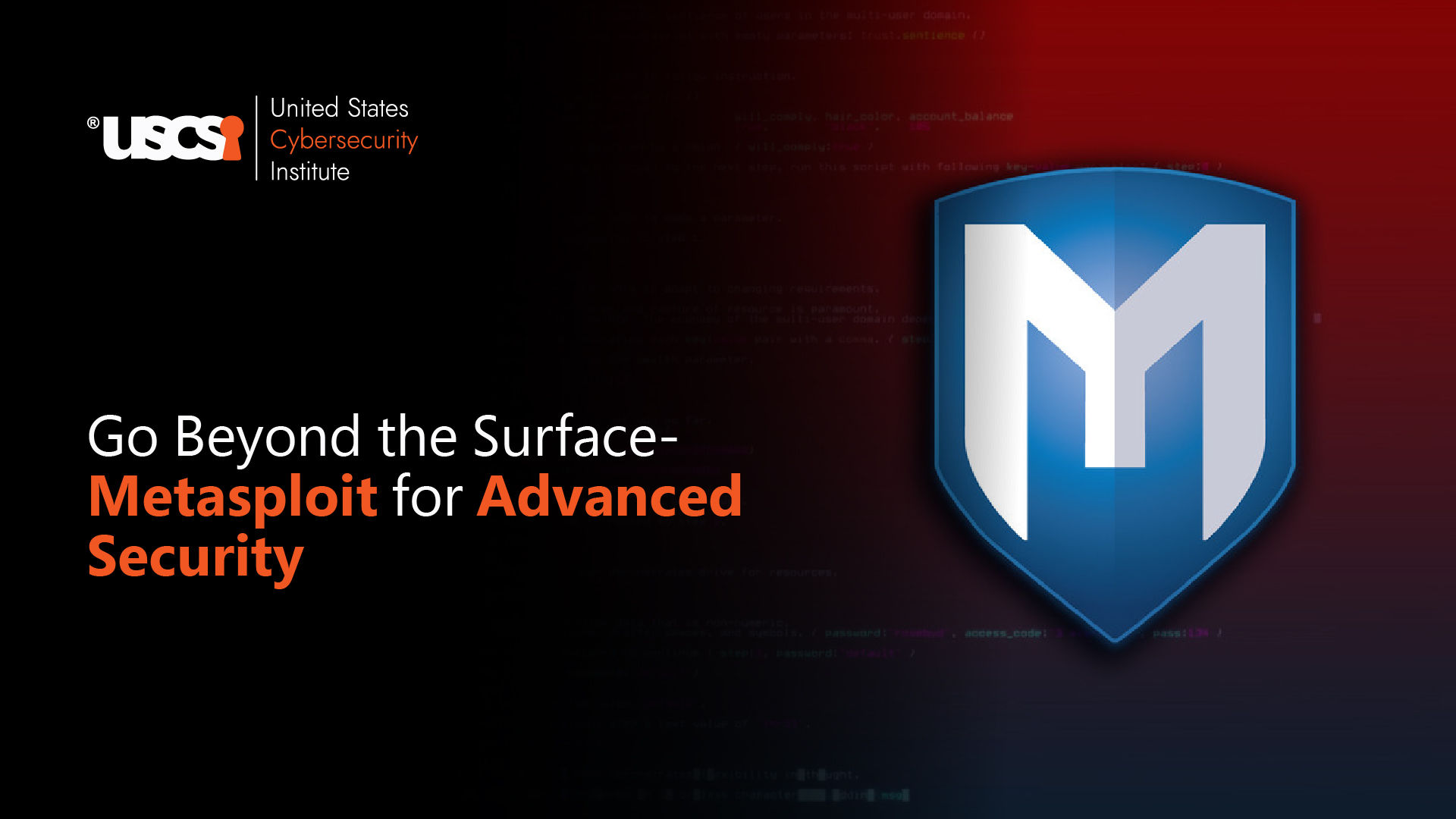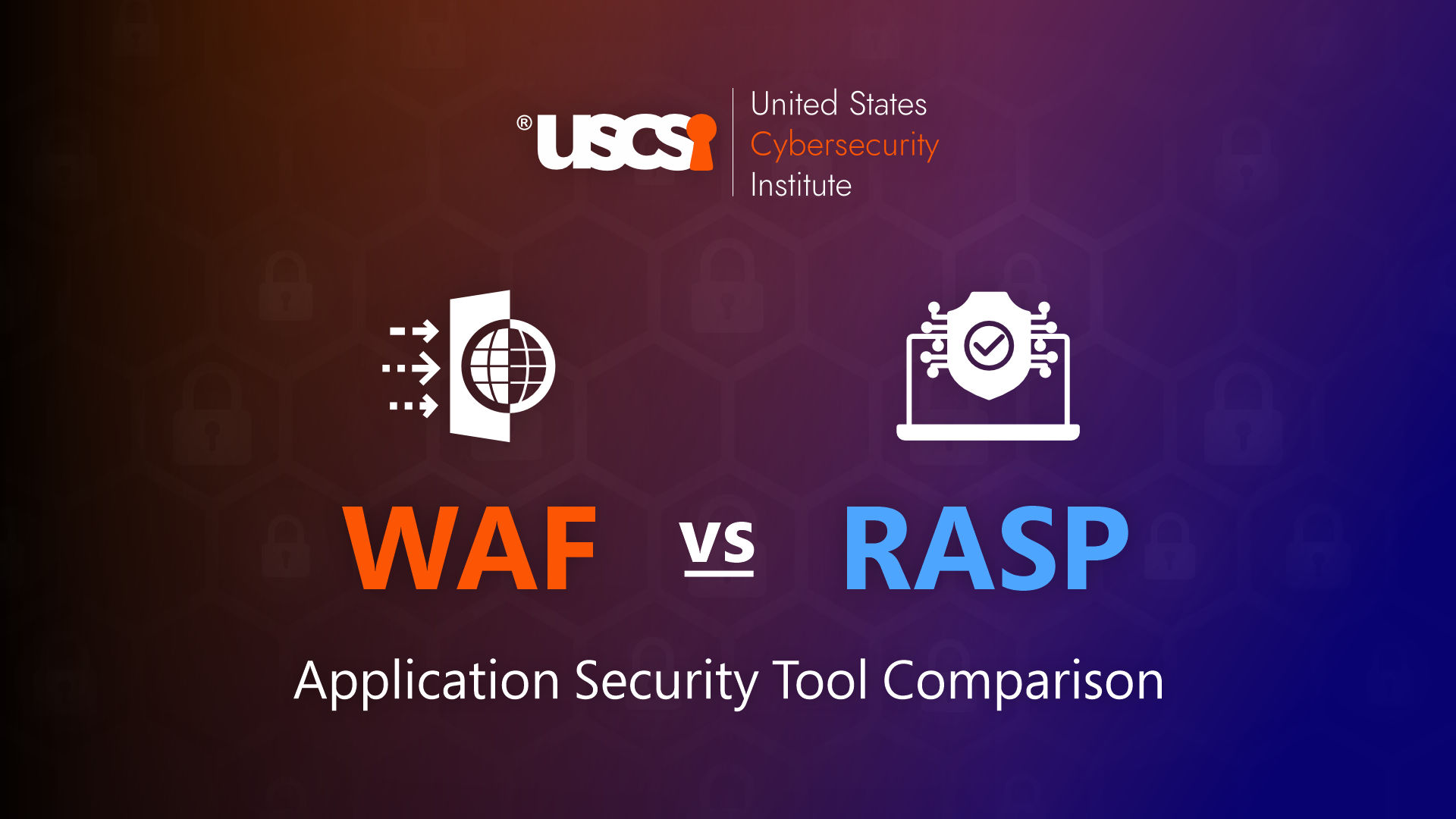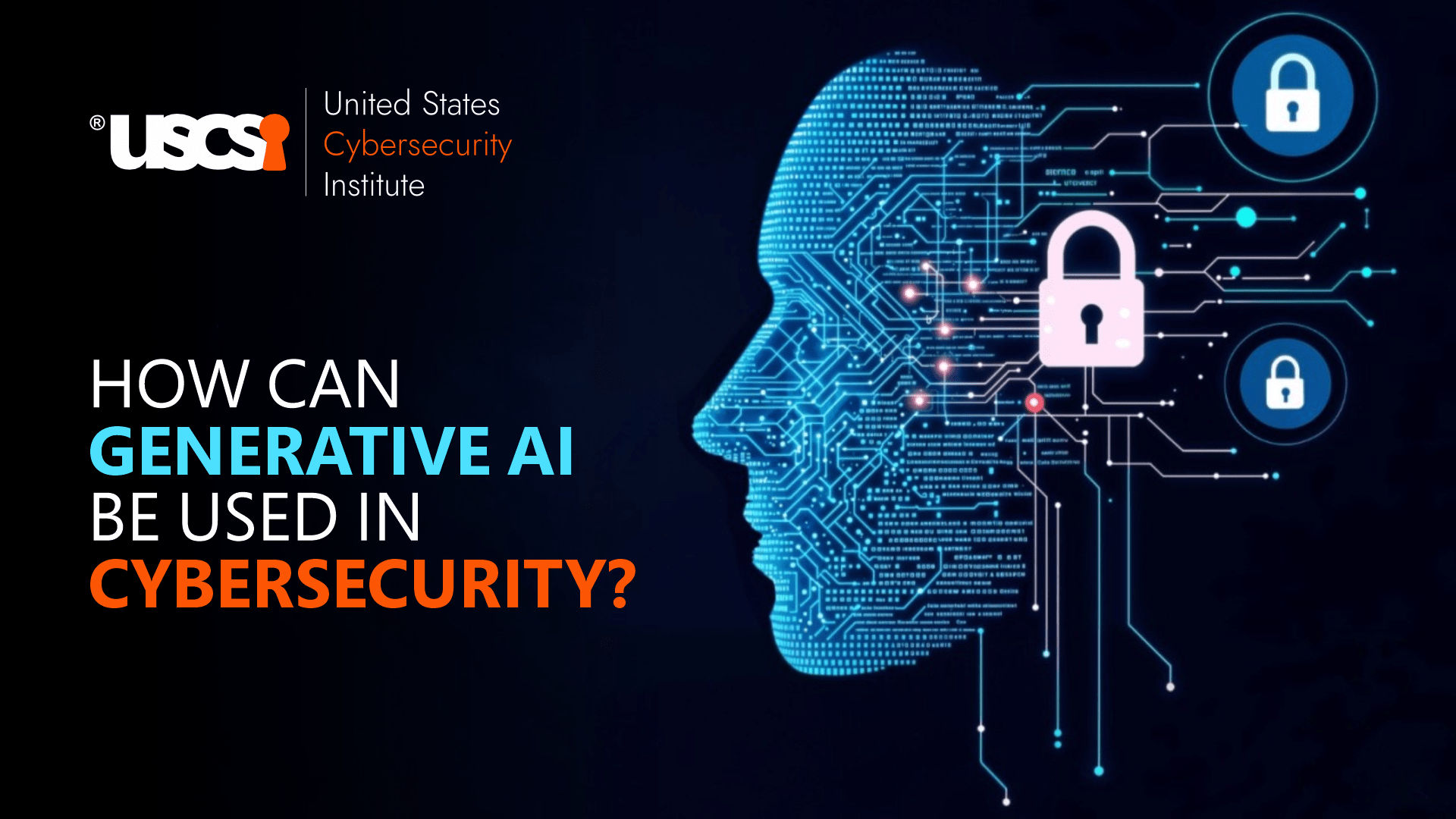

Complete Guide on Becoming an Ethical Hacker in 2024
There are dual sides to everything and cybersecurity is no different. While there are good cybersecurity experts who perform rigorously to protect their organizations’ assets and infrastructure, there are some malicious actors as well that use the power of technology to breach such security systems and cause harm or losses to businesses.
Then there are a few cybersecurity professionals who do both i.e. they breach the security of the organization as well as do good to them too. Confused? Well, this is where the practice of ethical hacking comes into play.
Ethical hacking has gained strength over the decades; the industry has grown 350% and is estimated to grow 21% per year. The number of ethical hackers is predicted to surge by 20% as the year 2023 comes to its close (US Bureau of Labor Statistics). They go further to predict that ethical hacker job roles shall experience a growth of 33% worldwide in 2024.
This comprehensive guide on ethical hacking discusses what it is, what different types of hackers are, what they do, and how to become one. So, if you are someone looking to get into this challenging and exciting cybersecurity career path and explore a few career options, then this guide is for you.
Understanding Hacking
Hacking refers to the process of gaining unauthorized access to a computer system, mobile device, network, or any kind of IoT-enabled device. This is done to steal data, operate these devices at their own will, or even cause damage – both financial as well as mental.
There can be several reasons behind the hacking process such as personal gains, revenge, the challenge of doing it, identifying vulnerabilities, etc. The reason behind the hacking process exactly describes different types of hackers too.
Different types of hackers:
- Black Hat – They are cybercriminals who attack the vulnerabilities for monetary gains or malicious intentions
- White Hat – They are ethical hackers and cybersecurity specialists who look for vulnerabilities not with the intent to cause harm but to fix the issues
- Gray Hat – The Gray hat hackers fall neither in the good nor in the bad category. They do hacking simply to challenge their hacking and cybersecurity skills and take it as a sport
- Blue Hat – They are specialists hired to test products and find security issues
- Red Hat – Red hat hacking refers to the group of hackers who act aggressively to stop the black hat hackers. They are often hired by government agencies for their mission focus
- Green Hat – This refers to the beginner-level hackers who aspire to become white, blue, or even black hat hackers.
What is ethical hacking?
Here, let’s explore more about white hat hacking or ethical hacking in detail. It is the practice of breaching an organization’s security system in a controlled manner. In this process, ethical hackers or penetration testers try to detect vulnerabilities in an application, system, or infrastructure and bypass the security system to identify potential data breaches and threats in the network.
The purpose of ethical hacking is to identify weak points and rectify them within time before an actual cyber-attack takes place. It also helps to take corrective measures and make the security system stronger than ever.
What do ethical hackers do?
Although ethical hackers have access to experiment with the organization’s security system, they must follow certain guidelines to perform hacking in a legal and ethical way. An ethical hacker is hired to make the security of the organization stronger and therefore, must adhere to some roles and responsibilities strictly:
- Seek legal authorization in writing from the organization before performing any kind of security assessment on their systems and networks
- Determine the scope of assessment and convey the same to the concerned professionals
- Keep their findings confidential and must understand disclosing the same can invite serious legal troubles
- Clear all the traces of hacking when they have done analyzing the security system of the organization for any vulnerability.
Benefits of Ethical Hacking
Apart from identifying vulnerabilities, ethical hacking can be very beneficial for both organizations as well cybersecurity professionals. Here are some known benefits of ethical hacking:
- Improved security:
Once the weak points are identified, it becomes easier for cybersecurity specialists to reinforce the security system
- Increased awareness:
With the help of ethical hacking, organizations can help increase awareness among their workforce leading to a more vigilant workforce
- Compliance:
Ethical hacking can help organizations comply with different cybersecurity regulations and standards. For example, the Payment Card Industry Data Security Standard (PCS DSS) requires organizations to perform penetration testing regularly
- Competitive Edge:
Organizations gain a competitive advantage by demonstrating their commitment to an enhanced cybersecurity practice to their customers and partners
How to Become an Ethical Hacker?
Building an ethical hacking career requires a strong understanding of computers, networks, and security systems. Apart from these, cybersecurity professionals also need to be proficient in hacking tools and techniques. Some of the specific cybersecurity skills required by ethical hackers are:
- Proficiency in Programming languages such as Python, C/C++, Java, etc.
- Solid understanding of networks and their working
- Ethical hackers must also be familiar with the workings of various types of operating systems such as Windows, Linux, macOS, etc.
- They need to be aware of the latest security vulnerabilities
- Have hands-on experience with the latest hacking tools and techniques
Ethical hacking certifications and training
The cybersecurity industry is growing at a huge pace. In the year 2024, the global cybersecurity market is expected to reach a market value of $300 billion (according to Global Market Insights Inc.) exhibiting a CAGR of 14.5%. This growth has led to a huge demand for cybersecurity professionals especially the ones who can perform penetration testing.
To stay competitive in this market, there are several renowned cybersecurity certifications available in the market that can help you gain the required knowledge and expertise to stay relevant in the industry. Some of the best cybersecurity certifications for ethical hackers include Certified Cybersecurity Consultant (CCC™) (USCSI®) among other prominent certifications worldwide.
Concluding thoughts
Ethical hacking is a challenging profile and the demand for ethical hackers is only poised to grow as the organizations look forward for certified ethical hackers to find vulnerabilities within their organization’s security system. So, enroll in some of the best certification programs, gain the requisite expertise, and master the cybersecurity career path.





